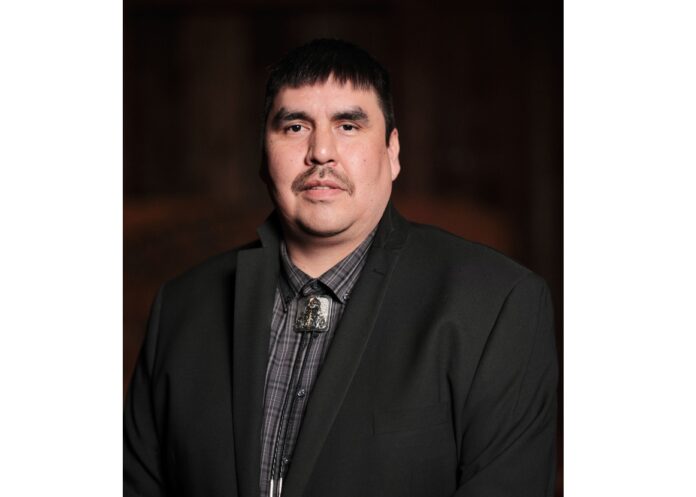Albert G. Smith has been reelected mayor/city manager of Metlakatla, Alaska’s only Indian reservation, which is located in southern Southeast Alaska. In the Nov. 7 election, Smith won 396 votes to 171 for Keolani Booth. Treasurer was won by incumbent Darcy Booth, and secretary was won by incumbent Judith Eaton.
Smith is a commercial salmon fisherman and captain. He was elected several times to the the council, and he has fulfilled the roles of acting mayor, chairman of the Natural Resources Committee, and vice chair of the Board of Directors for Metlakatla Power & Light.
For the council, the six winners are Christina Martinez, Carol F. Gaube, Desmond King Sr., David Boxley, Frank “Butch” Hayward, and Mark Gunyah. Eleven had run for the council seats.
Located on Annette Island about 20 miles from Ketchikan, Metlakatla was recognized by Congress in 1891 during the creation of the Annette Islands Reserve, a federal Indian reservation.
The population of Metlakatla is approximately 1,400. The economy is tied to fishing, seafood processing, tourism, and forestry.
The Metlakatla Indian Community, Annette Islands Reserve, exists by the authority of the Constitution and by-laws as approved on Aug. 23, 1944 by the Secretary of Interior. It is held in trust by the United States for the benefit of Metlakatla Indian Community. The Secretary of Interior delegated responsibility to Metlakatla Indian Community to prescribe rules and regulations governing the use of Annette Island Reserve. The Tribal Council serves as the legislative function of the city.
During the formation of the Alaska Native Claims Settlement Act, Metlakatka opted out and remained as a federally recognized reservation that it was. There are 279 federally recognized tribes in Alaska, but just one reservation. In the Lower 48, there are 324 Indian reservations and 245 recognized tribes. Other tribes in Alaska formed Native corporations under ANCSA — 12 regional corporations and 198 village corporations. A 13th regional corporation was formed to ensure that Alaska Native people who were not permanent residents of Alaska but who were otherwise eligible to enroll in an Alaska Native regional corporation were included in the land claims settlement.

That’s a typo or flat error on the number of Federally-recognized tribes in Alaska.